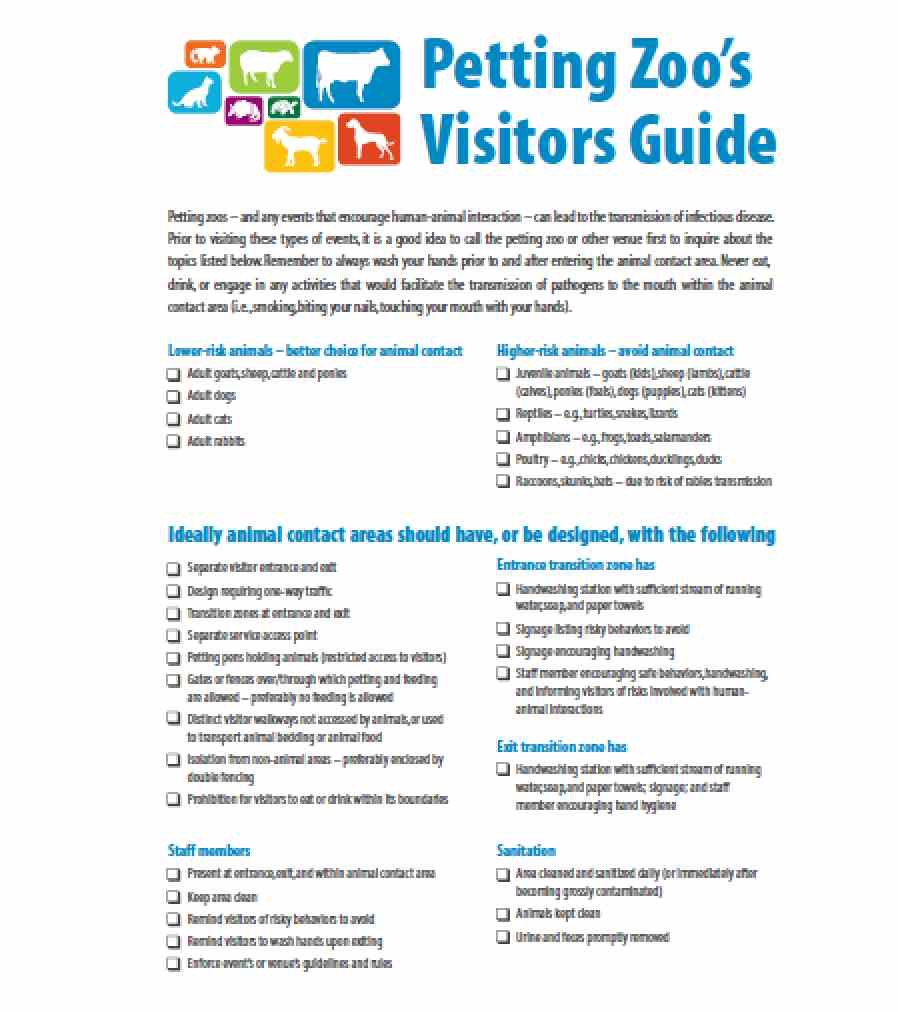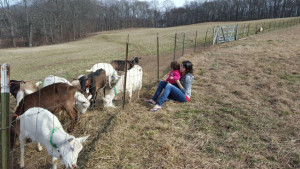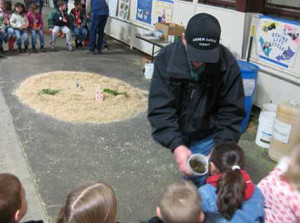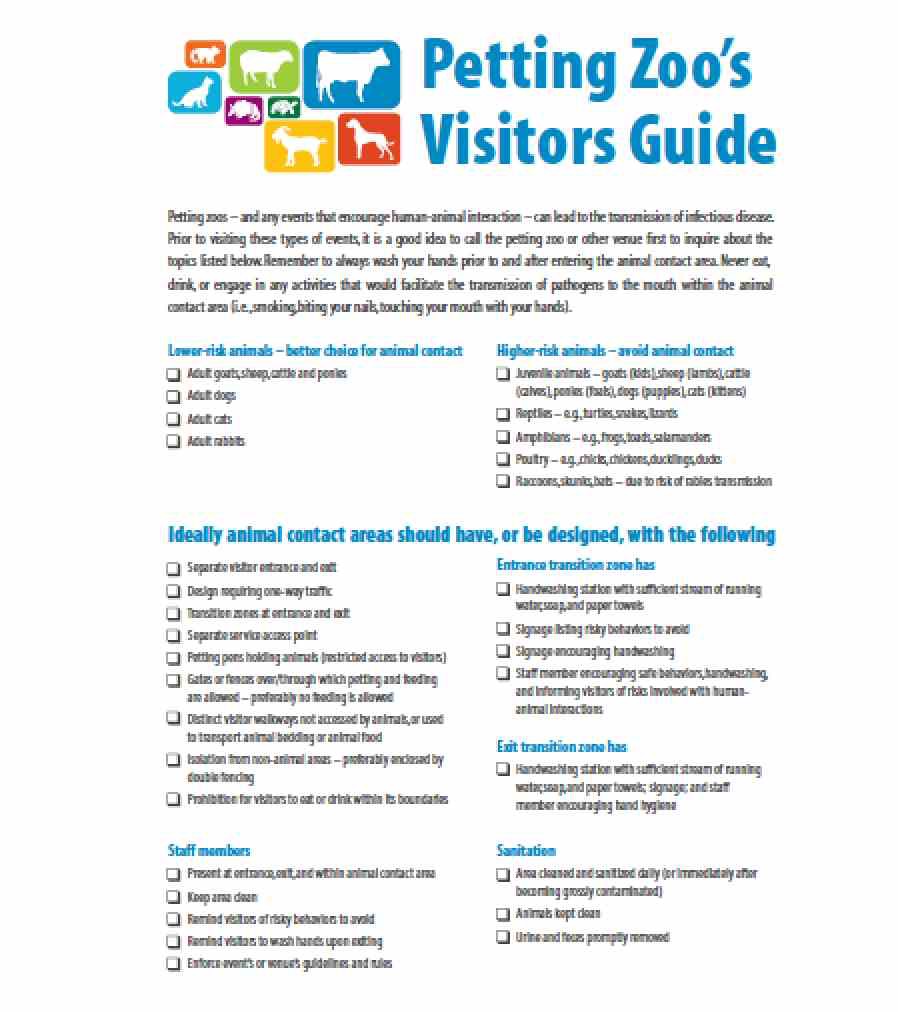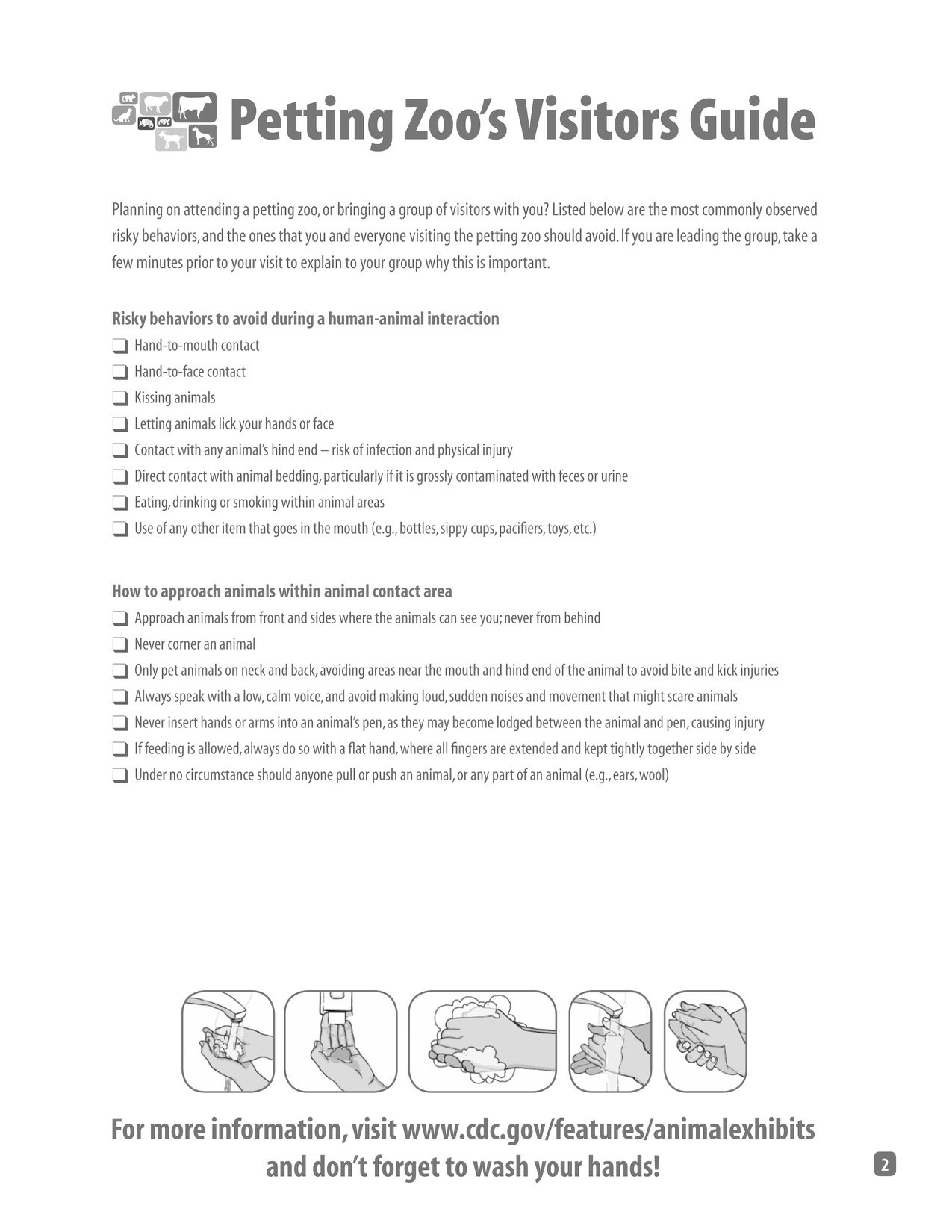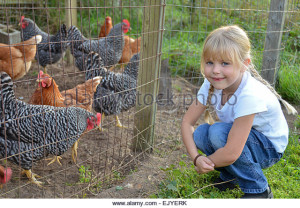The Bellingham Herald reports that the families of six children sickened in the E. coli outbreak at the Milk Makers Fest last April are suing the organizer of the event, the organization behind the Lynden fairgrounds, and the Lynden School District.
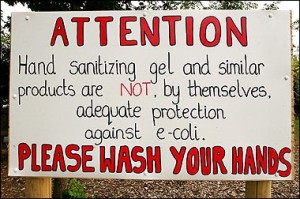 A total of 60 people likely were ill, according to a report issued by the CDC in October.
A total of 60 people likely were ill, according to a report issued by the CDC in October.
The lawsuit is being filed in Whatcom County Superior Court against the Whatcom County Dairy Women, Northwest Washington Fair Association and the Lynden School District.
It argues that the organizations failed to protect children from being infected by Shiga toxin-producing E. coli O157:H7, the strain that sickened them, because they didn’t follow established public health rules and guidelines, including from the National Association of State Public Heath Veterinarians and the Centers for Disease Control and Prevention. Such measures are meant to reduce illness in people who come into contact with farm animals.
“Why don’t you do what the law says you should do and what public health has indicated works?” said attorney Bruce Clark, who represents the families, in an interview.
He said there was an enormous wealth of information that showed this outbreak could have been prevented. “It’s a darn shame it happened,” Clark said.
Attorneys for the organizations couldn’t be reached for comment on the lawsuit.
About 1,325 Whatcom County first-grade students, plus the teachers and parents who accompanied them, from all school districts in Whatcom County went to the Milk Makers Fest April 21-23 at the Northwest Washington Fair & Event Center in Lynden. The festival had been going on for 22 years by then.
The event was designed to introduce young students to farming. It also gave them a chance to pet farm animals, including small horses, sheep, rabbits, chickens and a calf. There was a hay maze and scavenger hunt as well.
People who helped set up and take down the event — on April 20 and 24 — also were among those who were sickened. Some of those who attended the event later spread it to others who hadn’t, including family members.
Of the total number of people who were ill, 25 were confirmed through tests and 35 were probable. Eleven were hospitalized. Six developed hemolytic uremic syndrome, a life-threatening complication. No one died.
The organizations also didn’t make sure all children washed their hands with soap and water after leaving the dairy barn and before eating or drinking, nor were they told to keep their fingers out of their mouths until they washed their hands, according to the lawsuit.
The CDC report in October stated that animals, including cattle, had been exhibited in the barn during previous events and that before the dairy education event, tractors, scrapers and leaf blowers were used to move manure to a bunker at the north end of the barn.
The group that used the barn before that was identified as the Whatcom Youth Fair in the lawsuit, which states that the fairgrounds had given the group the option of cleaning the barn themselves or paying a fee to have it cleaned.
“You’re basically blowing bacteria through your facility,” Clark said of using leaf blowers.
A table of petting zoo outbreaks is available at https://barfblog.com/wp-content/uploads/2014/04/Petting-Zoo-Outbreaks-Table-4-8-14.xlsx.
Best practices for planning events encouraging human-animal interactions
Zoonoses and Public Health 62:90-99, 2015
G. Erdozain , K. KuKanich , B. Chapman and D. Powell
http://onlinelibrary.wiley.com/doi/10.1111/zph.12117/abstract?deniedAccess
Educational events encouraging human–animal interaction include the risk of zoonotic disease transmission. It is estimated that 14% of all disease in the US caused by Campylobacter spp., Cryptosporidium spp., Shiga toxin-producing Escherichia coli (STEC) O157, non-O157 STECs, Listeria monocytogenes, nontyphoidal Salmonella enterica and Yersinia enterocolitica were attributable to animal contact. This article reviews best practices for organizing events where human–animal interactions are encouraged, with the objective of lowering the risk of zoonotic disease transmission.
